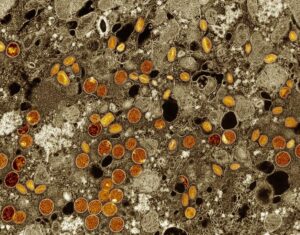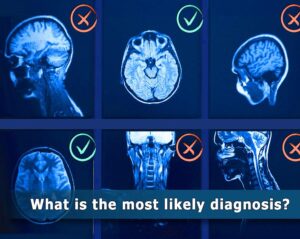COPD involves persistent inflammation in the airways that blocks airflow from the lungs and causes breathing problems and symptoms like coughing, wheezing, and shortness of breath. For decades, standard COPD medications have included options such as inhaled bronchodilators to relax muscles around the airways, steroids to reduce airway inflammation, and anticholinergics to encourage clearing of mucus from the lungs.
Ensifentrine is a new type of COPD drug that’s designed to do several things at once: It serves as a bronchodilator, an anti-inflammatory, and a mucus-removal aid. Ensifentrine accomplishes this by acting on two enzymes in the lungs — phosphodiesterase 3 and phosphodiesterase 4 — that play a role in managing airway inflammation and muscle movements in the lungs.
The medication is delivered directly to the lungs through a standard jet nebulizer.
How Does Ensifentrine Work?
In two clinical trials reviewed by the FDA prior to drug approval, researchers randomly assigned about 1,500 adults with moderate to severe COPD symptoms to take either ensifentrine or a placebo twice daily for 24 weeks.
Slightly more than one-third of patients taking ensifentrine experienced side effects related to treatment, similar to the proportion in the placebo group, the trials found. Roughly 6 to 10 percent of people on both ensifentrine and placebo stopped treatment due to side effects. Some common side effects included colds, elevated blood pressure, and back pain.
Another COPD Drug Approval Is on the Horizon
In clinical trials, dupilumab reduced the annual odds of moderate to severe acute COPD exacerbations by up to 34 percent, according to the statement.
Pulmonologists Are Excited to Have More Treatment Options
Both dupilumab and ensifentrine represent promising new therapies for COPD that appear to be both safe and highly effective, says Antonio Anzueto, MD, a professor and specialist in pulmonology and critical care medicine at the University of Texas Health Science Center at San Antonio.
“I am very excited about these medications,” Dr. Anzueto says. “Both will provide important additional treatment options to our patients.”













Post Comment